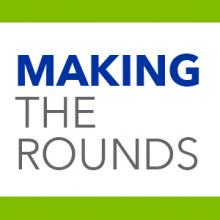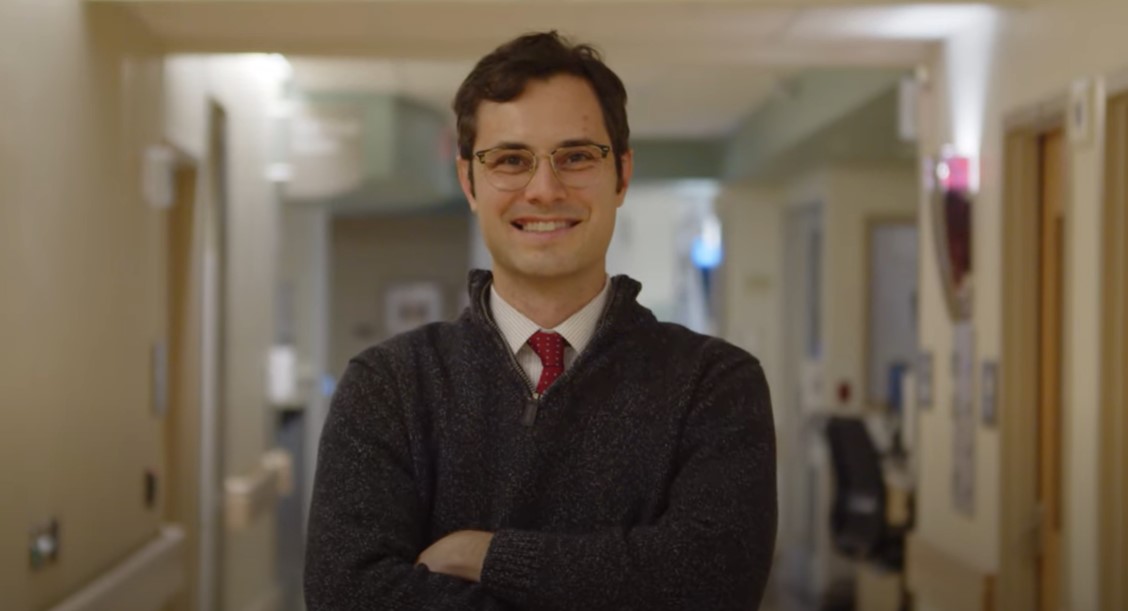
For this edition of Making the Rounds we interviewed Dr. David Neil Toupin, a child neurologist at Kentucky Children's Hospital who uses modern genetic testing to find molecular diagnoses and individually tailor treatment plans.
We recently spoke with Dr. Toupin about the types of patients he treats and what makes his team's approach unique.
Can you describe your practice?
I treat epilepsy, autism, various neurodevelopmental disorders, neurogenetic disorders, and neuromuscular disorders.
We have a multidisciplinary clinic, which we call the NEMO Clinic. It stands for Neurodevelopmental Evaluation and Management Optimization Clinic.
In the NEMO Clinic, we really try to focus on the patient as a whole, not only their medical problems, not only their developmental problems, but the family structure, where they live, what resources are available, and we try to figure out what is the best way that we can use the community as well as the medical practices to provide the best care for our patients.
I've been very fortunate to be able to work with people who are as passionate about these things as I am. The therapists that I work with, the other providers that I work with, the staff that helps schedule patients and coordinate patients, we're all working together, and our goal is really, "How do we help this child reach their full potential?"
What kind of advanced procedures is your team capable of applying?
One of the things that I do as part of my job is I care for kids with some pretty rare neuromuscular diseases, one of them being spinal muscular atrophy, or SMA. Previously, children with this condition would typically die before the age of 2.
Gene therapy is an incredible treatment. Thanks to these treatments, we have completely changed the outcome of this condition. Not only are these kids living; they're climbing, they're walking. They're achieving motor milestones that had never been seen before with this disease.
Being an academic medical center is incredibly important. These drugs are difficult to obtain, extremely expensive, and they're also time sensitive. And it really is that team effort that makes it possible and keeps me going, because I really feel like the work we do here is at a level beyond what I could provide at another institution.
Watch our full interview with Dr. Toupin below:








